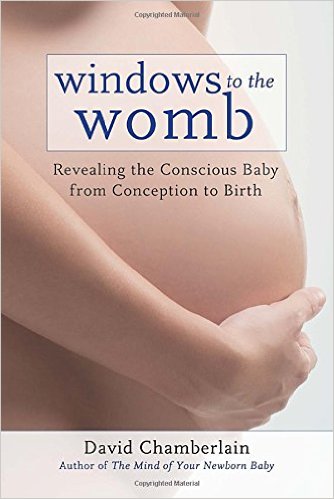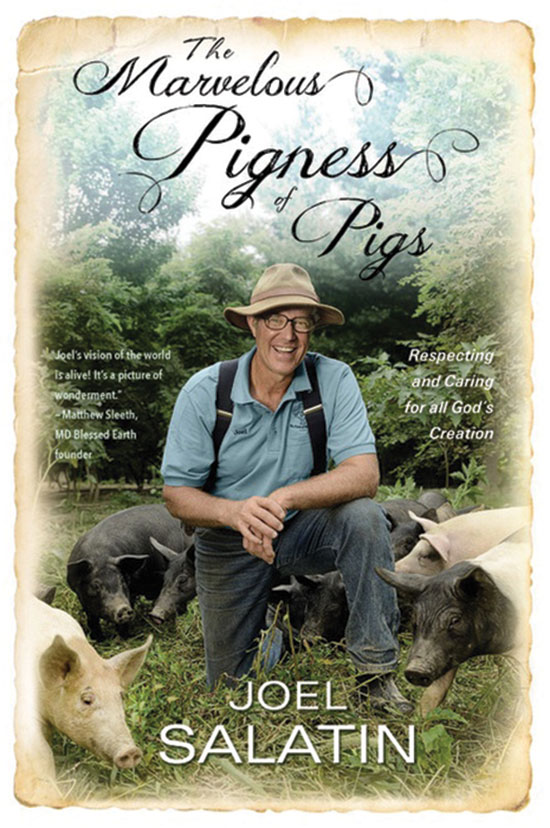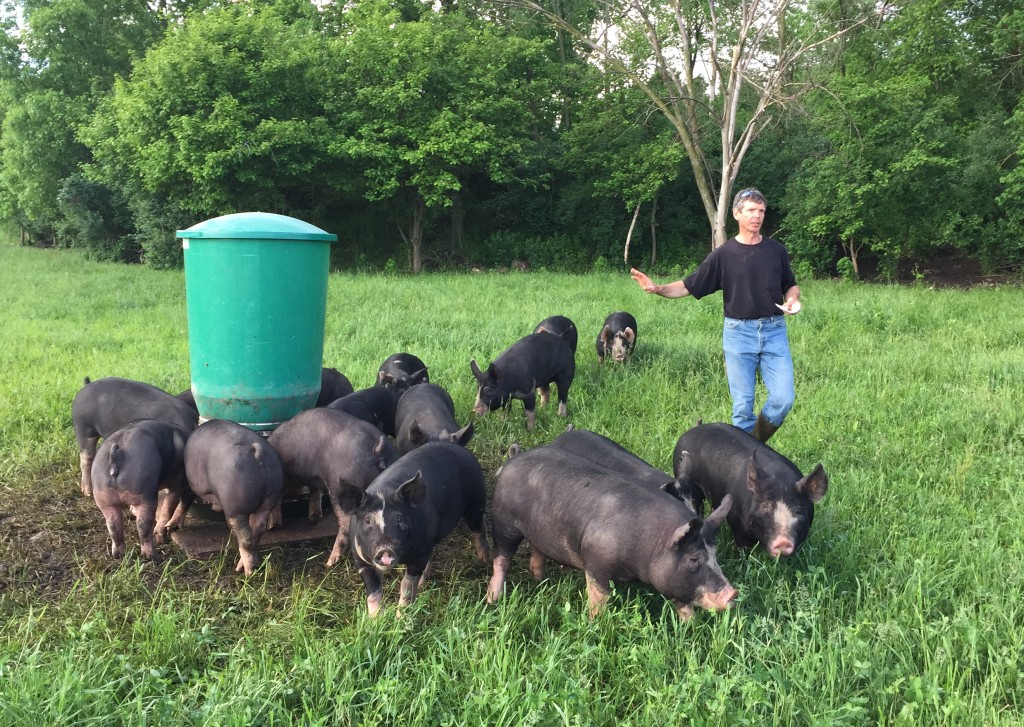One of the greatest temptations for a Christian is to give up one’s integrity as a Christian in the service or pursuit of power.
Sad to say, we saw two Christians do just during the vice presidential debate last week.
And the irony could not be deeper because both Indiana Governor Mike Pence and Virginia Senator Tim Kaine gave eloquent expressions of how their Christian faiths have formed their lives and character.
While Kaine incessantly interrupted Pence at every possible moment with criticisms of Donald Trump, Pence actually had no defense for Donald Trump’s character or behavior.
For all of Pence’s calm, reasoned, and sincere statements, you can’t read the Bible without coming to the conclusion that Donald Trump epitomizes an incredibly long list of attributes that are the exact opposite of those Christians are called to have. They are fruit of a heart turned away from a humble relationship with God.
To support a person like Trump in something minor would be problematic but to faithfully and energetically partner with a person like Trump who desires to be the leader of the United States is a whole different matter. I can only explain Pence’s decision this way – like any of us, he has his weaknesses and one of his is a commitment to the success and power of the Republican Party and its interests that enables him to rationalize his full partnership with Trump. I believe there is also a hypnotic quality to Trump’s comfort and confidence with power to which Pence and many others around the country unconsciously respond.
It would have said much more about Pence’s faith and about Christianity itself, however, if he had declined the invitation just as Daniel declined to bend his knee to the power of Nebuchadnezzar.
The worst thing is that the more Pence wears his Christian faith on his sleeve as he campaigns with Donald Trump, the more he taints Christianity for people who are not believers. If a Christian can ally himself with Trump and all that he stands for, then why would any rational person want to become a Christian? What exactly does the Christian faith stand for?
Kaine has some issues, too.
He has accepted the nomination with Hillary Clinton who cannot help herself from lying,untruths, and half truths. She also has a troubled relationship with power that can be seen in her history, her policies, and her tight Wall Street connections. While her issues may not be on the level of Trump and she’s clearly far more professional in her service and civic-minded in her policies, her failings are still serious.
Then there was Kaine’s response to Pence’s comments about partial-birth abortion.
For most of the debate Kaine used clear and concrete language, especially when criticizing Donald Trump. But you could hear the rhetorical shift when he began speaking about abortion.
Here is an excerpt of what he said:
“This is pretty important. Before Roe v. Wade, states could pass criminal laws to do just that, to punish women if they made the choice to terminate a pregnancy. I think you should live your moral values. But the last thing, the very last thing that government should do is have laws that would punish women who make reproductive choices.”
Do you hear the sudden shift to rationalization through abstraction?
“Terminate” is a Latin word that suggests something you do with a contract in its cool, antiseptic, abstract tone. “Pregnancy,” also Latin in origin, is pleasantly and rationally removed from the reality of what the word refers to – a developing human living inside the mother’s body in a world of intimacy, warmth, and shared fluids. When you use words like “terminate” and “pregnancy,” the actual violence of an abortion sounds so clinical and reasonable. Like the removal of a wart.
And there’s some rhetorical chicanery going on. The term “reproductive choices” is a contradiction. When there is an embryo/baby in the womb, reproduction is already an accomplished fact. Abortion has nothing to do with reproduction. Life, both human and nonhuman, is not a choice. It’s something we must seek to live with and make nuanced choices about.
Kaine should have had the guts to speak plainly.
In this context, reading Windows to the Womb by David Chamberlain is a revelation. Chamberlain shares findings of recent science that reveal how rapidly babies develop in the womb and how much evidence there is for their emotion and engagement with their environment
Audible crying can be detected in the womb as early as 21 to 24 weeks gestational age. Evidence indicates babies in the womb can hear things outside of the mother’s body as early as 14 weeks. Spontaneous movements by the embryos, as opposed to reflexive movements, are happening before ten weeks.
This passage about the movements of young embryos was particularly paradigm-shifiting for me:
“Observers saw little embryos stretching in exactly the way people of other ages stretch – always at a slow speed, beginning with the head moving backward followed by trunk arching and arms lifting! One reclining ten-week fetus, legs semiflexed and body quite still for a few minutes, brought hands up and placed them behind the head as if relaxing in a hammock. Can you imagine these gestures with a sign of satisfaction following the explosive growth and mastery of new movements?”
I want to be clear. I am not saying there are not situations in which abortion is tragically justifiable.
Abortion can, like capital punishment, be the purposeful and nuanced use of power to do something that is normally abhorrent because there is a larger societal good at stake. Are there be situations where the tragic necessity of ending a baby’s life in the womb might be the relatively least awful thing to do? Yes. But the tragedy and awfulness of what must be done should not be ignored or evaded.
But absolute freedom to have an abortion at almost any phase of fetal development has become an issue where the Democrats have been seduced by the sirens of freedom and power.
In fact, both Republicans and Democrats have incoherent, contradictory positions around the question of abortion when you look at the larger framework of their thinking. Democrats have a long tradition of speaking up for the oppressed and those exploited by those with power. But when it comes to the baby in the womb who is the ultimate example of powerlessness and vulnerability, they suddenly embrace the Republican rhetoric of freedom and individual choice as absolutes.
Republicans, on other hand, passionately advocate for freedom, choice, property rights, and the power of corporations to do what prospers them without the hindrance of regulation. They do so, at their most extreme, no matter how profound and violent the impact of freedom, power, and corporate rights on the vulnerable, including the unborn, local communities, and the living things of which God has made us shepherds.
And yet the Republican Party selectively finds concern for the powerless and vulnerable when it comes to a baby in the womb and selectively wants to deny freedom and property rights to the people within which the babies exist – women.
I believe the world hungers for coherence, integrity, and goodness. This is why the choice between Trump and Clinton is so galling. This is why Pence and Kaine were also disappointing. As ambassadors for their Christian faiths they should be able to speak and act with whole truth, consistent love, and wise caution about power.
My sense is that people are ultimately hungry for a whole faith that will truly transform their hearts so that every fruit they bear is good and full of light. People are looking hard, too, for a whole faith whose followers hold onto it with integrity and coherence even when doing so puts them at odds with the powers and principalities of this world.
Why aren’t there more Christians whose lives point to the way that offers all that?








